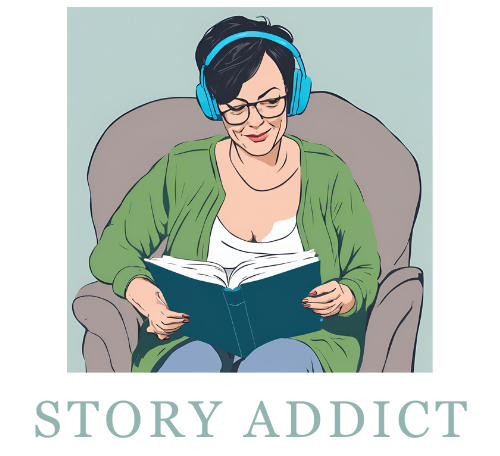
8 Aug 2023
A new study has taken a closer look at how problems with sleep, feeling down, and worrying are all linked together.
Researchers, led by H. Ariel Barda, wanted to figure out how these things interact and affect our lives. They used some fancy maths and found some interesting stuff.
Understanding sleep, sadness, and worry
Sometimes people have trouble sleeping, feel sad, or worry a lot. These things can happen separately, but sometimes they show up together.
This study wanted to see how they’re connected and how they make us feel and act. They looked at data from a big study to learn more about this connection.
Drawing a map of symptoms
They found that certain symptoms, like worrying too much, having a hard time relaxing, and feeling really down, were all closely connected.
Imagine all these symptoms are like dots on a map, and some dots are connected to others. The researchers drew lines between the dots to see how they’re related.
Finding clusters and bridges
The researchers also noticed that some symptoms like to stick together in groups, kind of like clubs. They found one symptom – having a hard time relaxing – that acted like a bridge, connecting different groups of symptoms.
Estimating how symptoms affect us
They found that feeling low on energy and having sad feelings, like feeling guilty or hopeless, were important in how we feel and how we function.
The researchers used some fancy calculations to estimate how much each symptom affects our lives.
They showed up as big clues in figuring out why we might have trouble with things like our mood, our relationships with others, and even our physical health.
Supporting people with depression and anxiety
This study tells us that when we have problems like trouble sleeping, feeling sad, or worrying too much, they’re all connected and can make our lives harder.
As scientists keep studying how these problems are connected, we’ll learn even more about how they affect us. This can help us find better ways to get help and feel happier and healthier.
Doctors and therapists can use this information to help us better. Instead of just looking at one problem, they can think about how all these things are connected and come up with better ways to help us feel better.
Citation
H. Ariel Bard, Ciarán O’Driscoll, Christopher B. Miller, Alasdair L. Henry, John Cape, Colin A. Espie, Insomnia, depression, and anxiety symptoms interact and individually impact functioning: A network and relative importance analysis in the context of insomnia,
Sleep Medicine, Volume 101, 2023, Pages 505-514, ISSN 1389-9457,
